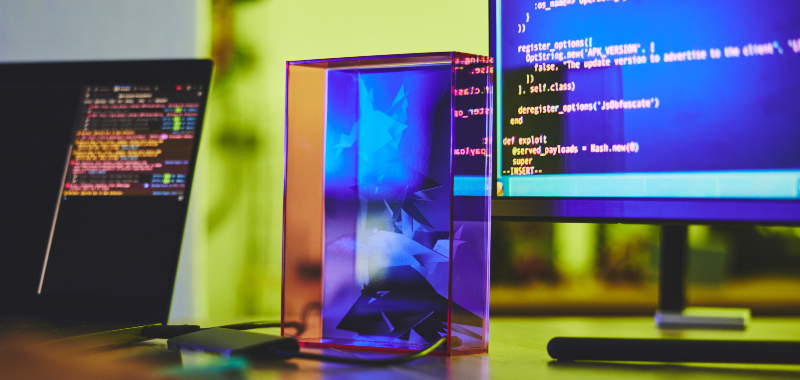
Software licenses: basic categories
Software licenses are frequently used, for instance, every time we use any computer program on any device, although we rarely understand their nature and function. Software licenses constitute a type of contractual agreement that establishes the rules for their use. There are various types of licenses that vary depending on the usage conditions or their gratuity.
What does having a software license entail?
These licenses are contracts between the author of a computer program and its users, defining the terms, conditions, and clauses that must be adhered to in order to use the program. Each user who downloads, installs, copies, or uses the program must accept these conditions. In this regard, software contracts are to be considered when regulating the lifecycle of a product, its creation, the intellectual property right, etc.
For some time now, the diversity of software licenses types has increased, as programming companies have restricted software usage according to their interests. It is crucial to distinguish between some basic categories:
- Copyright
- Copyleft
- Creative Commons
- Free Software
Software licenses: Copyright
Its symbol is globally known. This expression is used to refer to the rights that protect the intellectual property of a creator regarding their artistic or literary work. In other words, Copyright automatically ensures the recognition of the intellectual property of an author, granting and safeguarding their exclusive rights for the exploitation, disclosure, reproduction, or editing of the work.
Its main characteristics include, on one hand, the moral right, which recognizes the authorship of the work to the author. On the other hand, through the economic right, the right to economic exploitation of the work will be recognized, allowing the author to participate in the profits generated by the work.
For this reason, the author has the exclusive right to be identified as such and to make decisions regarding their work, such as deciding whether to disclose it or not, whether it can be modified, transformed, published, among other options.
Additionally, they have exclusivity to economically benefit from their work, which involves selling copies, advertising, and granting usage licenses in exchange for royalties, among other activities.
Software licenses: Copyleft
Encompasses various licensing methods through which an author relinquishes some of their rights, for example, the right to reproduce the work, whether for profit or not.
This legal practice facilitates the free distribution of copies and modified versions of a work, on the condition that the rights are respected in all variants.
Copyleft licenses are applicable to computer programs, scientific research, cultural expressions, artistic works, and, in general, any creation governed by copyright.
Software licenses: Creative Commons
Creative Commons licenses are model contracts designed to publicly grant the right to use a work protected by copyright. As a license imposes fewer restrictions, opportunities to use and distribute the content increase.
Attribution-ShareAlike
Users can mix, transform, and create from the content of a publication, even for commercial purposes. Any derivative work must be distributed under the same CC-BY-SA license, and the author must be clearly identified as the copyright owner of the original publication.
Attribution-NonCommercial-ShareAlike
Users can mix, transform, and create from the content of the publication for non-commercial purposes, under the condition that any derivative work is distributed under the same CC-BY-NC-SA license. The author must be clearly identified as the copyright owner of the original publication. Any commercial use of the content requires prior written authorization from the author.
Attribution-NoDerivatives
Users can distribute the publication for commercial and non-commercial purposes. The author must be clearly identified as the copyright owner of the original publication. Any reuse or adaptation of the content, including the use of parts or translations, requires prior written authorization from the author.
Attribution-NonCommercial-NoDerivatives
Users can download and share the publication but are not authorized to modify its content in any way or use it for commercial purposes. The author must be clearly identified as the copyright owner of the original publication.
Any commercial use, as well as reuse or adaptation of the content, including the use of parts or translations, requires prior written authorization from the author. This is the most restrictive Creative Commons license.
Software licenses: Free Software
Free software is a concept promoted by the GNU project and the Free Software Foundation. It is based on using open-source software, allowing users to freely access the software’s source code, modify it, distribute it, and use it without any restrictions.
It is important to clarify that free software is not equivalent to free software. There are free programs that cannot be modified or redistributed.
At Letslaw, as digital lawyers, we can advise you and help you with software licensing or any of our services as specialized lawyers. Do not hesitate and contact us. https://letslaw.es/en/digital-lawyers/

Letslaw es una firma de abogados internacionales especializada en el derecho de los negocios.







